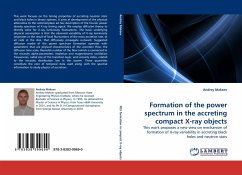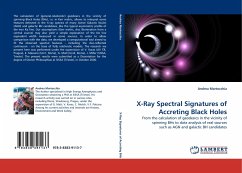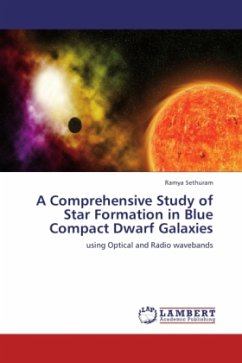This work focuses on the timing properties of accreting neutron stars and black holes in binary systems. It aims at development of the physical alternative to the commonplace ad hoc description of the Fourier power density spectrum of X-ray timing signal. We employ diffusion theory to directly solve for X-ray luminosity fluctuations. The basic underlying physical assumption is that the observed variability of X-ray luminosity originates as the result of local fluctuations of the mass accretion rate, at all radii in the disk, that diffusively propagate outward. Suggested diffusion model of the power spectrum formation operates with parameters that are physical characteristics of the accretion flow: the diffusion time scale, Reynolds number of the flow (which is connected to the viscosity alpha-parameter), Keplerian and magnetosonic oscillation frequencies, radial size of the transition layer, and viscosity index, related to the viscosity distribution law in the system. These quantities constitute the core of temporal data used along with the spectral information to study physics of accretion.








